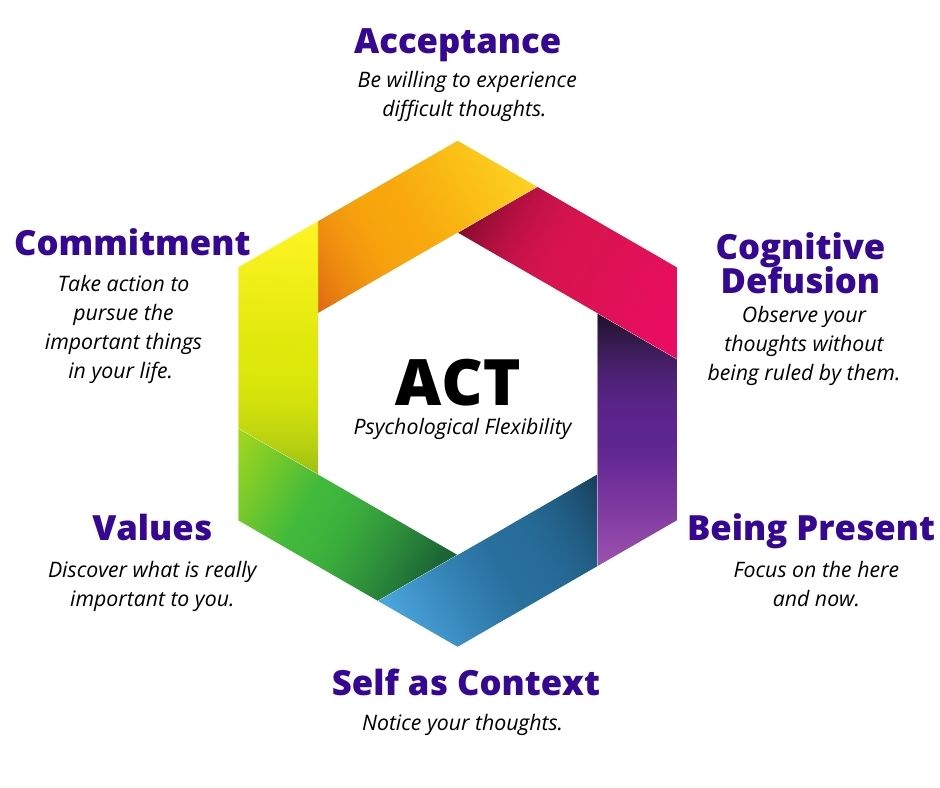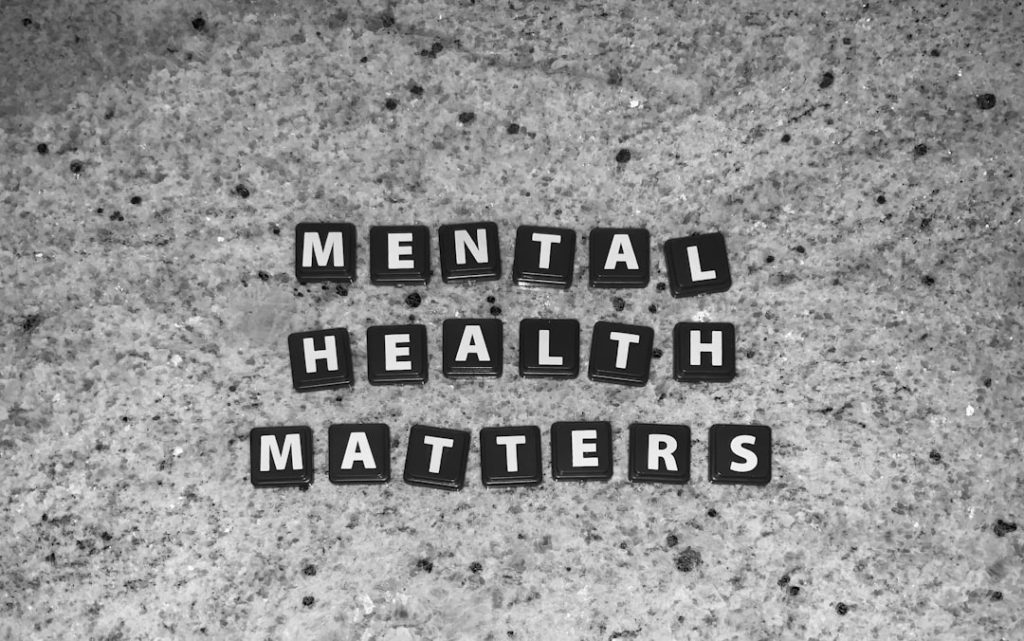If you’re here scrolling for something different in therapy, something that isn’t just a pile of worksheets, or a “change your thoughts, change your life” bumper sticker, I am thrilled to have the privilege of introducing you to Acceptance and Commitment Therapy (ACT). It’s the approach that took my clinical skills from “textbook mental gymnastics” to something I could actually share, teach, and use collaboratively with my clients in the messy, beautiful trenches of real life.
Why ACT? (And Not Just CBT or DBT)

I’ve tried using Dialectical Behavior Therapy (DBT), and while it has its place (shout out to Marsha Linehan and the DBT Skills Workbook), I always felt like I was moonlighting as a paperwork administrator. To do DBT properly, you are complicit in the killing of trees to print out all of these dang handouts. So if you’ve ever felt like DBT was “therapy homework central,” you’re not alone.
Cognitive Behavioral Therapy (CBT) is arguably the most effective therapy modality for breaking down thoughts and behaviors, but I found it a bit too… cerebral. It’s like trying to solve an escape room in your head when what you really want is a roadmap for living your life. Sure, some CBT practitioners are ninjas — I’ve worked with some therapists who are so subtle that you wouldn’t even know they were using CBT — but getting clients to translate those “aha!” moments into action was tough for me.
What Makes ACT Special?
For me, ACT is is the therapy equivalent of finally finding pants that fit perfectly. It just makes sense, feels practical, and (dare I say) clients seem to like it. Here’s the vibe:
- It’s experiential, not just theoretical: ACT isn’t about endlessly analyzing your thoughts. It’s about experiencing them, learning to disentangle or detach from the unhelpful ones, and moving toward your values.
- Cognitive defusion skills: These are game-changers. Instead of getting lost in a forest maze of your thoughts, ACT teaches you to notice your thoughts and feelings for what they are, not what they say about you. And in my opinion, any given thought is just a little bit more than nothing.
- Self-as-context: Most ACT practitioners love a good metaphor, and so do I. From the “sky and weather” to the “chessboard and chess pieces,” there are endless ways to talk about how you can be the observer of your experiences, not just the sum of your passing thoughts or emotions. It might sound abstract, but trust: once you discuss this in a session, it’s surprisingly easy to digest.


Who Does ACT Help?
I’ve been doing this a while and I’ve enjoyed watching this modality really resonate with all kinds of folks. ACT is perfect for the everyday stressors and anxieties of clients living in suburbia. I’ve also worked in intensive and acute treatment settings, so I’ve found ACT to be especially helpful for:
- Adolescents: because let’s be real, teenagers have a radar for anything fake or overly academic. Sessions should focus on what matters to the client, not what some worksheet thinks should matter.
- People facing substance use issues: it helps disentangle ‘urges’ from ‘identity.’ This is particularly helpful in early recovery, when individuals in treatment are forced to face sober what they used substances to avoid.
- Clients struggling with medication compliance: rather than wag a finger at people who have concerns about their prescribed meds, ACT aligns quite nicely with motivational interviewing. These skills help with opening the conversation to what’s valuable, meaningful, and possible.
Most striking to me, though? Many of my clients who’ve tried other therapies (mainly CBT or DBT or EMDR) say the experiential, values-driven core of ACT feels new, and it gets them motivated to make real changes.
TL;DR
Acceptance and Commitment Therapy isn’t just my therapist crush, it’s a dynamic way to help people (like you!) stop wrestling with thoughts and start living according to what really matters. It’s less about “banishing anxiety forever,” and more about learning how to carry it with you while you get on with what’s important.
If you’re curious, or if other therapies have felt a bit like a clunky rite of passage, ACT might be exactly the shift you’re looking for. Ready to commit to what matters? Let’s chat.
